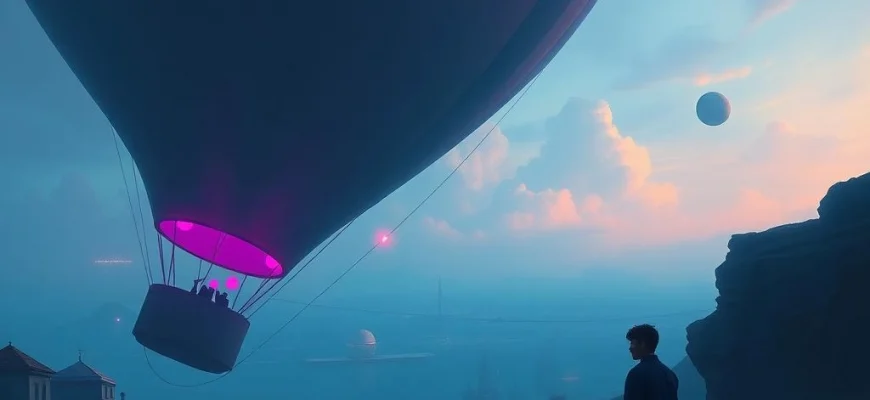If you loved the surreal and thought-provoking world of 'Balloonerism (2025)', you're in for a treat! This article explores 10 similar movies and shows that capture the same unique blend of creativity, mystery, and visual storytelling. Whether you're a fan of mind-bending narratives or avant-garde aesthetics, these recommendations will keep you entertained and intrigued.
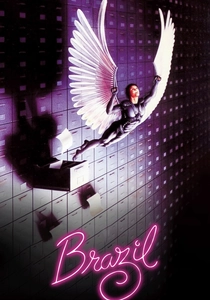
Brazil (1985)
Description: A satirical and visually striking dystopian film that critiques bureaucracy and totalitarianism, with a dreamlike narrative that blurs reality and fantasy.
Fact: The film's title comes from the song 'Brazil,' which is featured prominently. The studio initially wanted a happier ending, but the director refused.
 Watch Now
Watch Now 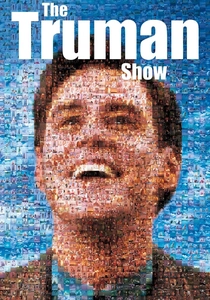
The Truman Show (1998)
Description: Explores themes of reality manipulation and the blurring of lines between constructed environments and genuine existence, with a protagonist unaware of his life being a staged performance.
Fact: The film's concept was inspired by an episode of The Twilight Zone. Jim Carrey's performance was initially met with skepticism due to his comedic background.
 Watch Now
Watch Now 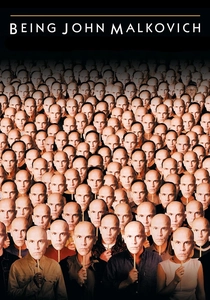
Being John Malkovich (1999)
Description: A bizarre and inventive narrative about identity and consciousness, where characters can literally enter another person's mind, leading to existential questions.
Fact: John Malkovich initially turned down the role of himself but was convinced after reading the script. The film was shot in just six weeks.
 Watch Now
Watch Now 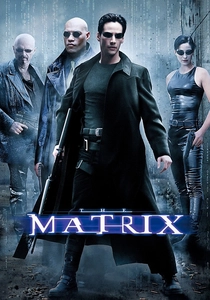
The Matrix (1999)
Description: A groundbreaking sci-fi action film that explores themes of simulated reality and human consciousness, with iconic visual effects and a complex narrative.
Fact: The film's bullet-time effect was achieved using multiple still cameras arranged in a circle. The script was initially considered too complex for a mainstream audience.
 Watch Now
Watch Now 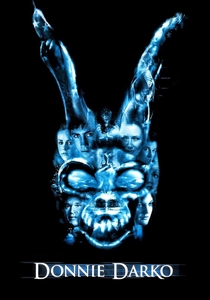
Donnie Darko (2001)
Description: A psychological thriller blending science fiction and existential themes, featuring a troubled protagonist who experiences visions of a dystopian future.
Fact: The film was initially a box office failure but gained a cult following after its DVD release. The director's cut includes additional scenes that clarify the plot.
 Watch Now
Watch Now 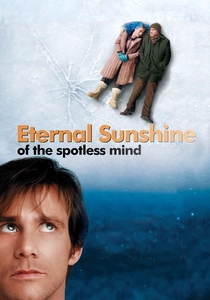
Eternal Sunshine of the Spotless Mind (2004)
Description: A surreal and emotional exploration of memory and identity, featuring non-linear storytelling and a dreamlike visual style that challenges perceptions of reality.
Fact: The film's script was inspired by a real-life medical procedure that claimed to erase painful memories. The title comes from a poem by Alexander Pope.
 Watch Now
Watch Now 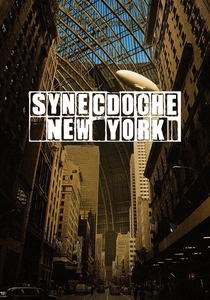
Synecdoche, New York (2008)
Description: A deeply meta and philosophical film about art, life, and the passage of time, featuring a protagonist who constructs a life-sized replica of New York City.
Fact: The film's title is a play on words, combining 'synecdoche' (a figure of speech) with 'Schenectady,' a city in New York. It was the director's first feature film as a solo writer.
 Watch Now
Watch Now 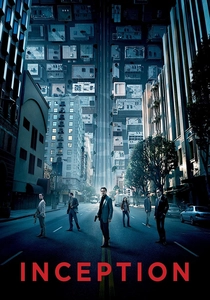
Inception (2010)
Description: A mind-bending heist film set within the architecture of dreams, featuring layered realities and a narrative that challenges the viewer's perception of time and space.
Fact: The spinning top at the end was left ambiguous intentionally to spark debate. The film's score uses a slowed-down version of Edith Piaf's 'Non, Je Ne Regrette Rien.'
 Watch Now
Watch Now 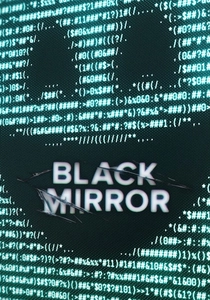
Black Mirror (2011)
Description: An anthology series that delves into the dark side of technology and its impact on society, often presenting dystopian futures where reality is distorted or controlled.
Fact: The title refers to the reflective screens of devices like phones and TVs when turned off. Each episode is a standalone story with different characters and settings.
 Watch Now
Watch Now 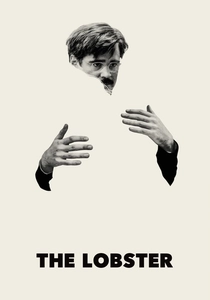
The Lobster (2015)
Description: A darkly comedic and surreal take on societal norms and relationships, set in a dystopian world where conformity is enforced in bizarre ways.
Fact: The film was shot in Ireland but is set in an unnamed location. The director insisted on using only natural light for filming.
 Watch Now
Watch Now 
